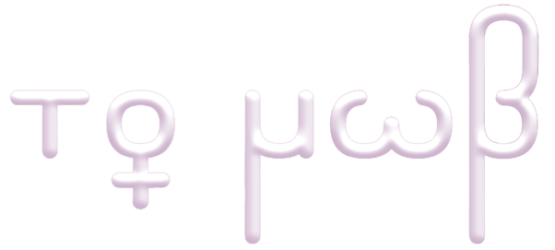Suggested by Sissy Vovou
Brazil’s first-ever minister of Indigenous peoples, Sônia Guajajara, has been a key figure in the fight for Indigenous rights since her appointment in January by President Luiz Inácio Lula da Silva. In September, nine of 11 justices on Brazil’s supreme court voted to block efforts to place a time restriction on Indigenous peoples’ claim to ancestral lands. Guajajara described the landmark ruling as a huge victory, as it was an attempt to prevent the demarcation of Indigenous lands in Brazil.
Brazil’s Senate moved to approve the bill, and on October 20, the President used his veto on core aspects of the bill. This move has allowed Brazil to move forward with Indigenous rights, a stark difference from the previous administration. Within eight months of her historic appointment, Guajajara’s ministry was able to sign and demark more land than in the past eight years. She also highlighted the importance of tackling illegal cattle farming and gold mining as essential parts of the climate emergency, including the protection of the Yanomami peoples who are facing a humanitarian and health crisis.
Guajajara’s career is defined by numerous remarkable firsts, including being born to illiterate parents on Araribóia land in the Amazon, where she earned a degree in literature and nursing. She became a symbol of resistance against the oppression of Indigenous people and became the first Indigenous woman in Brazil to appear on a presidential ticket in 2018.
Guajajara’s priorities include securing the territories of Indigenous people, protecting the territories and environment, and managing existing practices. She believes that increased representation at a political level has created good expectations for implementing all rights. However, there is still resistance and lack of understanding among decision-makers, and the participation process is a struggle.
Assisting with wider organizations is crucial for actions in civil society and Indigenous movements, as it allows villages to be supported, making a real direct difference.
The new ministry is working to raise awareness and address the human cost of the climate crisis by promoting Indigenous women’s involvement in the fight against climate change. They are also working to improve the budget for healthcare for Indigenous peoples, as they often face challenges in accessing healthcare due to lack of support and invasion by illegal miners.
Technology plays a crucial role in protecting the Amazon, with the Ministry of Communications ensuring internet access in villages to monitor territories, denounce invasions, and distribute information. The legacy of the Bolsonaro administration has been tragic, inciting hatred, violence, attacks, and invasions in Indigenous territories. However, since Lula’s appointment, there has been a 46% reduction in deforestation in the Amazon and demarcations of Indigenous lands have moved forward.
The threat of violence and other barriers has prevented effective reporting on human and environmental issues facing the Brazilian Amazon and its communities. The number of complaints has dropped, but this is not due to more violence or illegal activity, but because there is now an environment where it can be made. This has led to increased freedom for Indigenous people to speak out and voice their concerns.
The ministry’s hopes for COP30 in 2025 include increasing Indigenous participation in decision-making spaces, particularly for women, and holding a women’s meeting and pre-COP debate on September 5, 2024. This will prepare for a greater call by Indigenous women to have a debate with women from all over the world for COP30.
Source: https://time.com/6320891/sonia-guajajara-interview-leadership/





